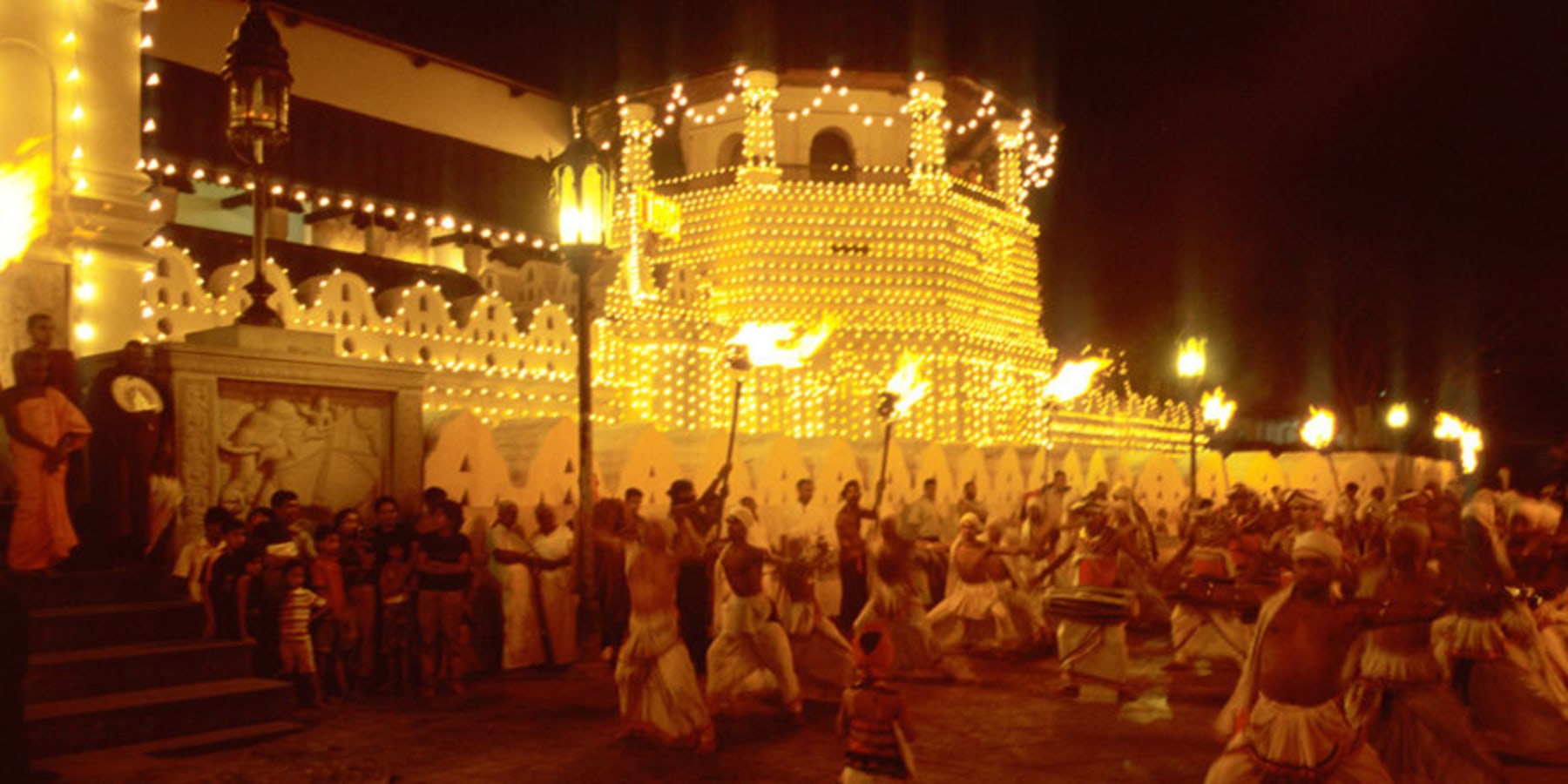
Although the Sri Lankan cultural milieu reflects vestigial remnants of ethnic, cast and gender definitions, contemporary Sri Lankan society is fast emerging as an inclusive tolerant social entity. Ethnic identity and religious convictions are accepted as essential yet not overarching, stratified social compartments. Social equality and equal access to opportunity has reduced caste distinctions to near extinction among the Sinhalese, Tamils and Muslims of Sri Lanka.
Yet, glaring income disparities have served to create class differences on the basis of relative affluence and access to knowledge on the basis of acquired language skills especially in English.
The Buddhists and Hindus in particular share many cultural practices. Muslims practice some of them as the assimilative process works in strange ways. Both majority Buddhism and the minority Hinduism exert a strong influence on social and cultural life. Buddhists believe in reincarnation and cause and effect of good and evil as inevitable in the “karmic” circle, which according to theory ends with attainment of “Nirvana” – the state of bliss where the karmic circle is broken.
Hinduism rests on the twin beliefs of reincarnation and the importance of individual conduct. The concept of “samsara” which is similar to the Buddhist belief of rebirth suggests that actions of the present life will determine the form of the soul (athma) in the next incarnation. This, according to the determinism of the “Dharma” implies caste and status. The Hindu pantheon has deities Shiva, Vishnu, Ganesh, and Durga; all gods and goddesses who are manifestations of Brahman (the eternal source of every and all things).
Most of these Hindu deities are worshipped by Buddhists who also pray for their benevolence and protection. This has drawn both Buddhists and Hindus to a shared acceptance of a fatalism that recognizes a sublime force that controls destiny or fate. The fatalism promotes their acceptance of Astrology. Even other Sri Lankan of monotheistic faiths resort to Astrology to render the uncertainties of the future to predictable certainty that gives them comfort for the present.
Social Recognition
The recognition of an individual and the social status accorded is of extreme importance to Sri Lankans. Criticism in public implies an attempt to diminish dignity. Sri Lankans are conscious of protecting their social space among peers. They concede some latitude in recognizing hierarchal authority as that of the father as head of the family, the boss in office, the teacher in school and the physician in the village. Sri Lankans strive hard to be hospitable, friendly and helpful. Instead of displeasing the guest they may often give a vague or non committal reply to a query that requires a negative or less pleasing response.
Greeting and relationships
The response you receive from a Sri Lankan will depend on his/her age and perhaps ethnicity. The common greeting you may encounter is “Ayubowan” in Sinhala which means “may you be blessed with long life” or “Vanakkam” in Tamil which implies the identical wish expressed in Sinhala. The greeting is with palms clasped as in a prayer with a thinly discernible nod by your equal and a more obvious bow of the head and shoulders by the service oriented indicative of courtesy. While on your Sri Lanka Holiday you may Etiquette and Customs in Sri Lanka impress Sri Lankans by asking “Koho-mada” (How do you do?)
The younger generation will readily shake hands when you take stroll during those hours when curiosity compels you to make friends on your Sri Lanka Vacation.

